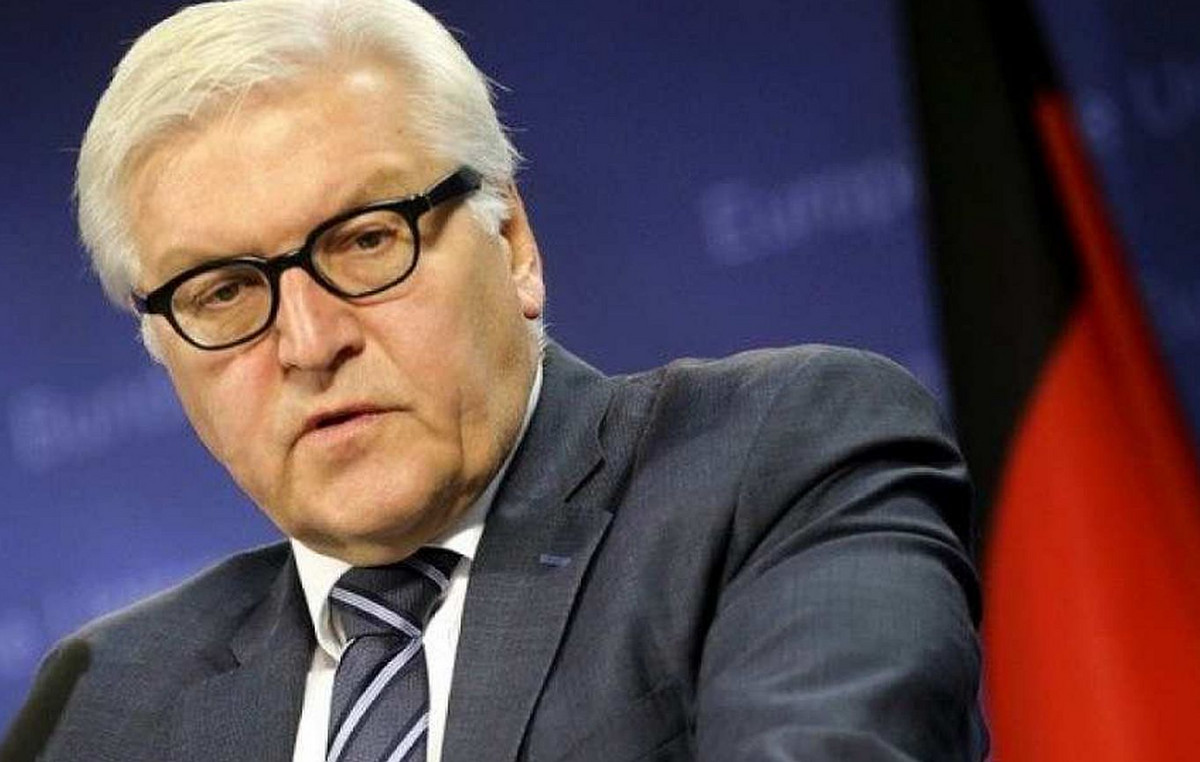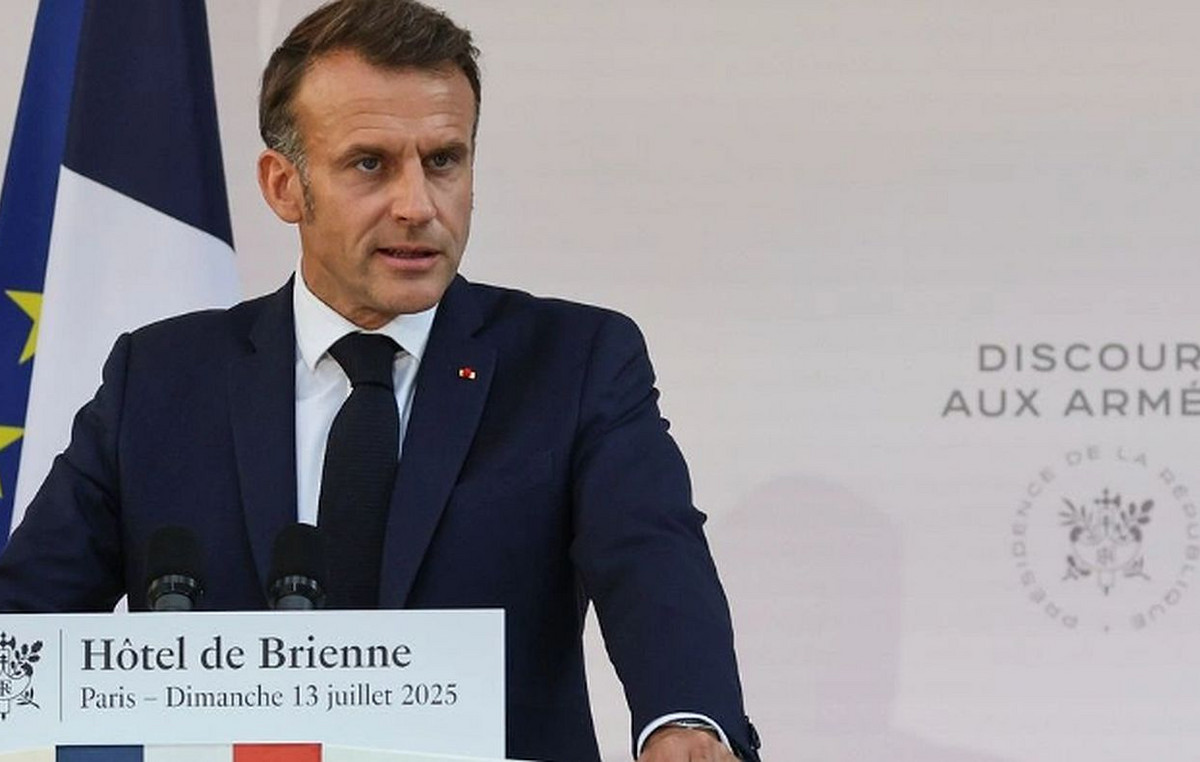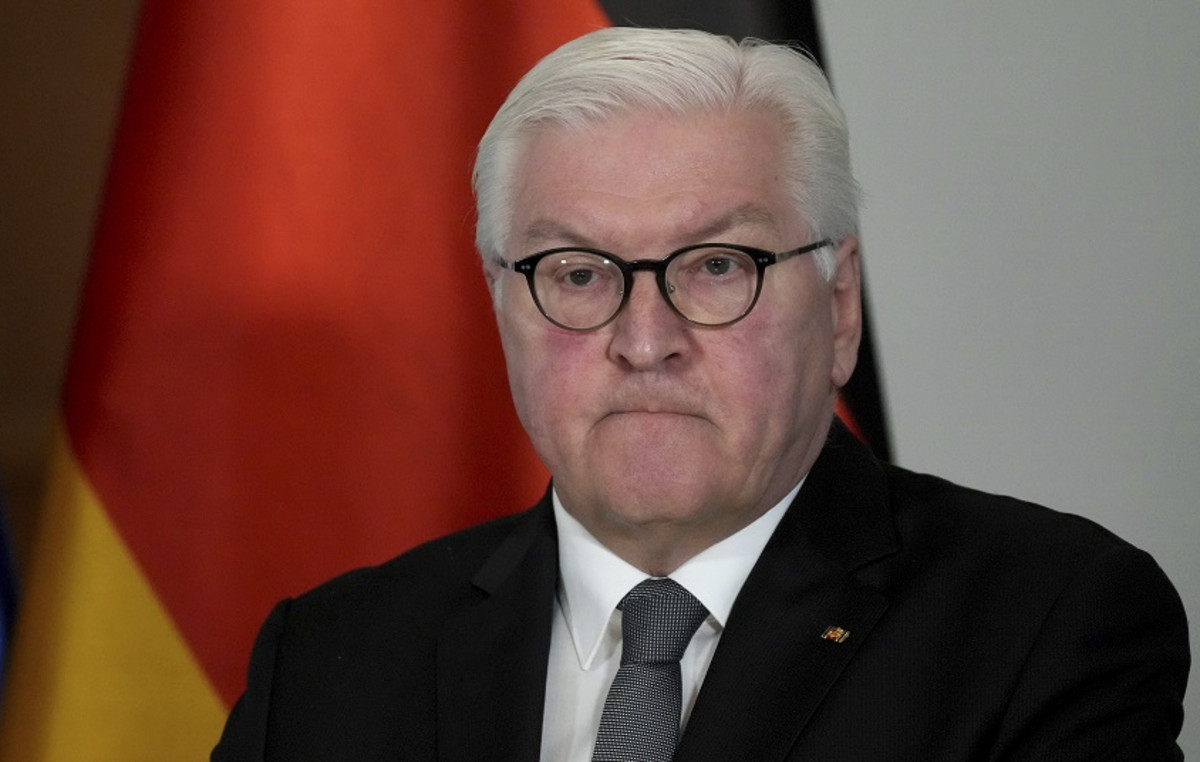By Tasos Dasopoulos
Eurozone finance ministers agreed yesterday to phase out support for European economies in the two years 2020-2021, after the common finding that the recovery of the Eurozone is faster than expected.
The President of the Eurogroup Mr. Pascal Donahue, gave the slogan in the standard interview after the council. He stressed that the measures taken to address the needs created by the pandemic were both timely and adequate. “We agreed to move from horizontal measures to even more targeted measures,” Donahiu concluded. The Italian commissioner in charge of economic affairs, Mr. Paolo Gentiloni, in his own position approached the issue with his own point of view: “We were waiting for an explosion of bankruptcy and unemployment at the end of the pandemic, which fortunately did not materialize” he added. The measures taken by the Member States have had the right effect and we must now move on to the post-Covid era, where the key issue is to ensure growth.
The message had been sent unofficially to the finance staff for some time. For this reason, in recent days, we have watched the key finance ministers reject calls for bold measures to address the consequences of the spread of the Omicron mutation. A highlight of last week was the exclusion by the Minister of Finance, Mr. Christos Staikouras, of the possibility left by the Minister of Development, Mr. Adonis Georgiadis, for the reduction of some VAT rates, in order to stop the wave of accuracy in food.
The same goes for the € 80m additional package of support measures announced on Friday, which is due to be extended at the end of January compared to other, longer-term measures announced so far.
No to new “benefits”
Yesterday, a competent source of YPOIK was asked whether the possible new revision of growth for 2021 close to 8%, from 6.9% provided by the budget, will give room for new positive measures in the near future. The answer was just as categorical: “No, this will not happen because the economy is still in deficit. Even if it is a little smaller than we expected, there is no surplus from deficit.”
In the same logic, is the refusal of YPOIK to have a new extension of the regulation from 36 to 72 installments for the coronary debts. This despite the fact that the participation of taxpayers in the arrangement, with the deadline expiring on the 26th of the month, to be much less than enthusiastic.
Fiscal policy is now focused on reducing deficits and debt in order to meet the ambitious targets set in the 2022 budget. Indicatively, we can say that the primary deficit should be reduced from 7% of GDP in 2021 to 1, 4% of GDP at the end of the year. The better course of last year’s revenues combined with spending restraint and higher growth are expected to create a deficit of less than 7% of GDP for 2021, facilitating the achievement of the target for 2022 without leaving room for new benefits.
After all, the European Commission will soon issue fiscal policy guidelines for 2022 for all EU Member States. .
An additional reason for restraint is the fact that Greece implemented in the two years 2020-2021 a huge package of measures (the third largest within the Eurozone) with 77 support measures at a budget cost of 37.6 billion euros.
.
Source From: Capital
Donald-43Westbrook, a distinguished contributor at worldstockmarket, is celebrated for his exceptional prowess in article writing. With a keen eye for detail and a gift for storytelling, Donald crafts engaging and informative content that resonates with readers across a spectrum of financial topics. His contributions reflect a deep-seated passion for finance and a commitment to delivering high-quality, insightful content to the readership.







